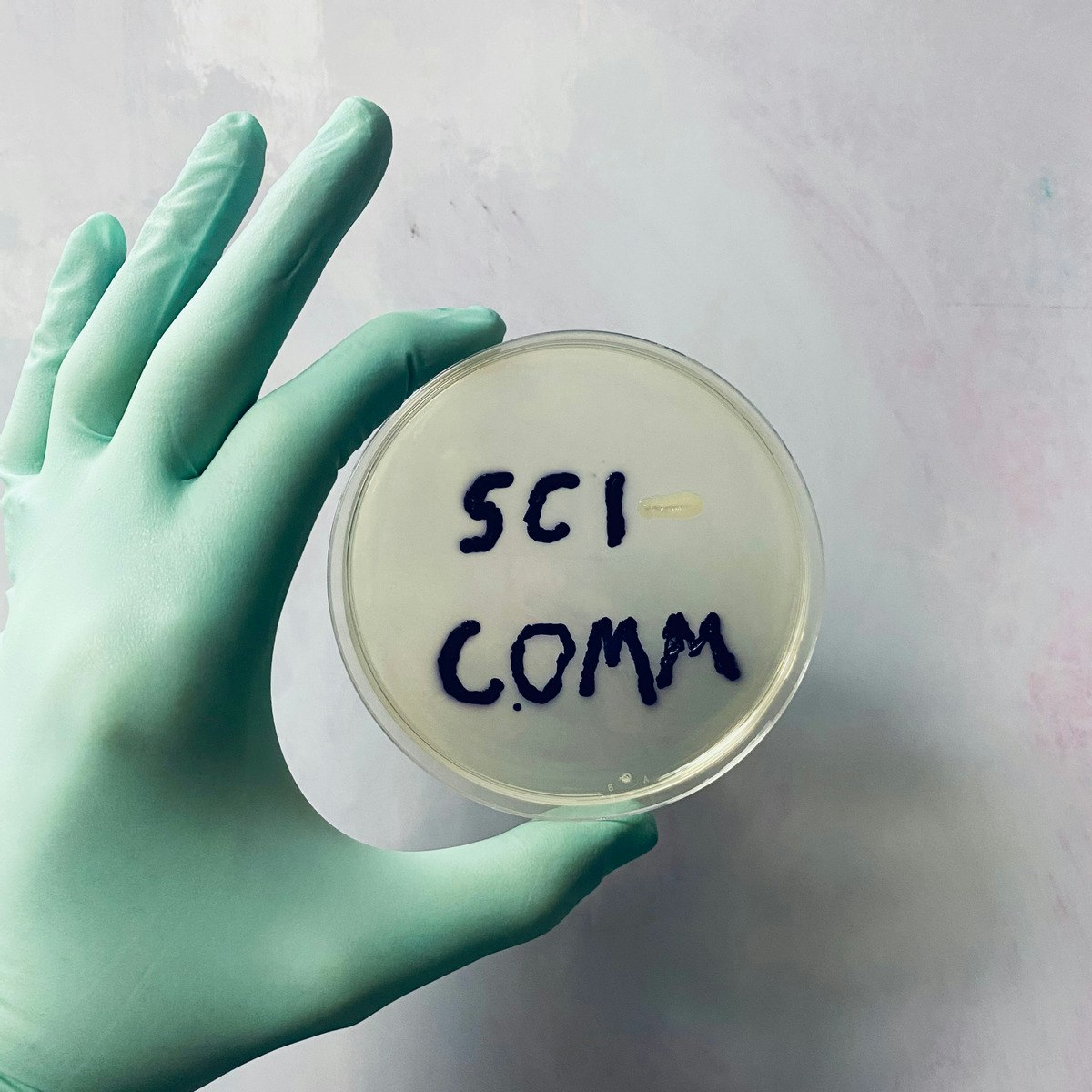


Designing Effective Science Communication


Although many would prefer to leave science in the past and no longer engage with it once completing compulsory science classes in school, the reality is that engaging with science is an integral part of our daily lives. Moreover, for the safety and wellness of human society, it is necessary to engage with scientific information. We are faced with the necessity of examining scientific evidence on topics ranging from conservation to public health and make decisions that impact not only our families but those around us. However, in spite of decades of science education reform and dedicated efforts to improving science literacy, many members of the general public lack the confidence, skills, or interest in engaging with scientific issues, instead choosing to align their scientific decisions with non-scientific stakeholders, such as political or pop culture figures. These problems are ongoing and destructive. How do we communicate science more effectively with the general public? With other scientists?
Read more
Although many would prefer to leave science in the past and no longer engage with it once completing compulsory science classes in school, the reality is that engaging with science is an integral part of our daily lives. Moreover, for the safety and wellness of human society, it is necessary to engage with scientific information. We are faced with the necessity of examining scientific evidence on topics ranging from conservation to public health and make decisions that impact not only our families but those around us. However, in spite of decades of science education reform and dedicated efforts to improving science literacy, many members of the general public lack the confidence, skills, or interest in engaging with scientific issues, instead choosing to align their scientific decisions with non-scientific stakeholders, such as political or pop culture figures. These problems are ongoing and destructive. How do we communicate science more effectively with the general public? With other scientists?
Although many would prefer to leave science in the past and no longer engage with it once completing compulsory science classes in school, the reality is that engaging with science is an integral part of our daily lives. Moreover, for the safety and wellness of human society, it is necessary to engage with scientific information. We are faced with the necessity of examining scientific evidence on topics ranging from conservation to public health and make decisions that impact not only our families but those around us. However, in spite of decades of science education reform and dedicated efforts to improving science literacy, many members of the general public lack the confidence, skills, or interest in engaging with scientific issues, instead choosing to align their scientific decisions with non-scientific stakeholders, such as political or pop culture figures. These problems are ongoing and destructive. How do we communicate science more effectively with the general public? With other scientists?
This course is designed for scientists, science educators, and science communicators who are interested in re-thinking how we communicate science to diverse audiences, particularly to the general public. Topics include evidence-based considerations of human learning as well as effective communication through a variety of modalities, including oral presentations, written forms of communication, technology, and artistic media. The objective of this course is to equip learners with the skills needed to design and implement effective methods of science communication. Learners will be able to identify key principles of human learning that undergird science communication, describe pitfalls in “popular” avenues for science outreach, and apply best practices to science communication in a variety of media.
What's inside
Syllabus
Connecting the Science of Learning to Science Communication
In this module, you will learn the basics of human learning, including an overview of the cognitive processes that underlie learning (e.g. perception, attention, motivation, memory), major educational psychology theories (e.g socioculturalism, constructivism, behaviorism) and aspect of human cognition that can lead to difficulties with outreach (e.g. bias, motivated reasoning, epistemic cognition). We will also discuss use of evidence in designing outreach, how to evaluate types of evidence, and principles behind effective design of outreach.
Read more
Syllabus
Good to know
Save this course
Reviews summary
Effective science communication
Activities
Career center
Science Communicator
Science Educator
Technical Writer
Science Librarian
Science Journalist
Instructional Designer
Science Writer
Science Policy Analyst
Museum Educator
Education Researcher
Curator
Archivist
Public Relations Specialist
Event Planner
Grant Writer
Reading list
Share
Similar courses
OpenCourser helps millions of learners each year. People visit us to learn workspace skills, ace their exams, and nurture their curiosity.
Our extensive catalog contains over 50,000 courses and twice as many books. Browse by search, by topic, or even by career interests. We'll match you to the right resources quickly.
Find this site helpful? Tell a friend about us.
We're supported by our community of learners. When you purchase or subscribe to courses and programs or purchase books, we may earn a commission from our partners.
Your purchases help us maintain our catalog and keep our servers humming without ads.
Thank you for supporting OpenCourser.

